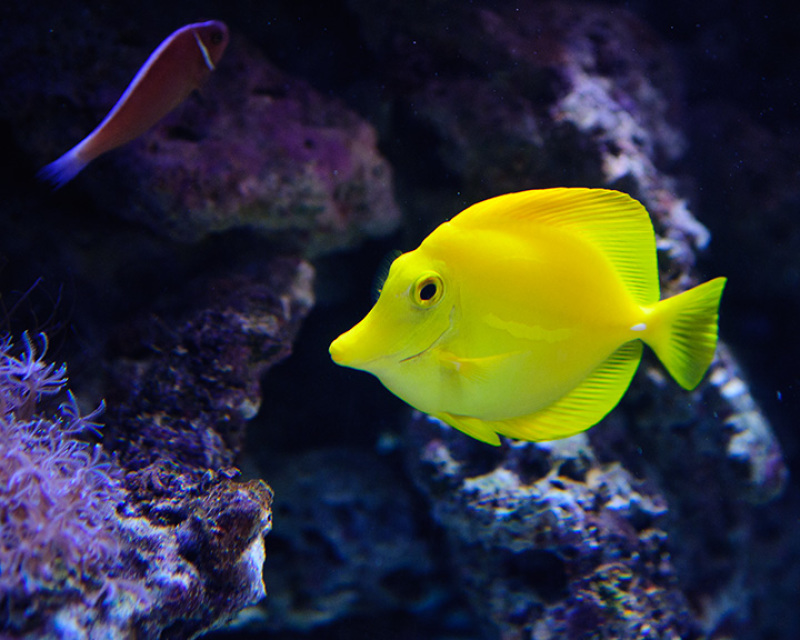
In an effort to protect its reefs from the destructive effects of coral bleaching, officials from Hawaii are working out the details of a comprehensive coral reef management plan.
However, various groups criticized the plan because it does not address the issue of the aquarium fishing trade, which they claim is more damaging to the reef than coral bleaching.
Due to various factors caused by global warming including rising water temperatures, Hawaii is losing its reefs to coral bleaching. In response to this issue, officials of the state's Department of Land and Natural Resources (DNLR) is currently working on a management plan with the help of scientists, marine experts and local stakeholders.
The plan, which will be composed of various solutions to end coral bleaching, is expected to be enacted before 2016 ends. However, despite the state's environmental action, various environmental groups criticized the plan because it will apparently not include restrictions against aquarium fishing.
Members of these groups argue that this trade is responsible for the depletion of fish populations in Hawaii. In fact, as reported by the Science Recorder, about 70 percent of the fish caught for the aquarium trade comes from Hawaii's Kona coast.
"We believe that the department needs to go further," Igna Gibson, the director of the Humane Society said according to the Associated Press. "A few months ago the department took the stand to enact an emergency moratorium on the collection of sea cucumbers, and those are taken in much smaller numbers than those fish collected for the aquarium trade."
Gibson also stressed that if fish populations are not protected from the aquarium trade, the issue of coral bleaching will worsen.
"It's very irresponsible and it's very short sighted," she told the Christian Science Monitor. "The number one thing that coral reef managers must do during these types of natural disasters is protect the herbivores. They keep reefs free of algae, which exacerbates bleaching."
Supporters of the state's management plan, on the other hand, argued that restricting the aquarium fishing trade will not do anything to prevent coral bleaching. According to Ruth Gates, the director of the Institute of Marine Biology of University of Hawaii said that there is not strong link between these two issues.
Aquatic biologist William Walsh also said that although the management plan will most likely contain provisions regarding the protection of certain fish species, imposing a total ban on the aquarium trade in Hawaii will not solve the coral bleaching problem.


















